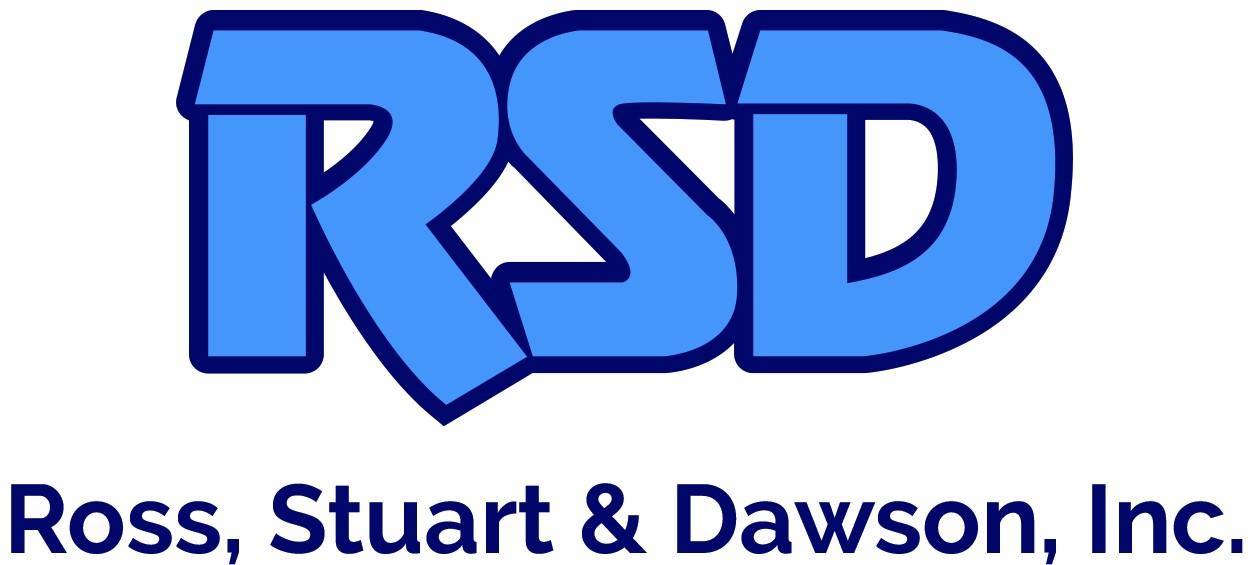When a customer doesn’t pay on time — or at all — it’s more than just an unpaid invoice. Delinquent
accounts can disrupt budgets, strain resources, and force hard choices about staffing, inventory, or expansion plans. By implementing tighter credit policies, you:
accounts can disrupt budgets, strain resources, and force hard choices about staffing, inventory, or expansion plans. By implementing tighter credit policies, you:
- Minimize risk on new sales by evaluating creditworthiness upfront
- Set clear expectations with customers before they buy
- Reduce past-due balances, helping you forecast cash flow more accurately
A well-structured credit policy acts as a foundation for confident selling — and when paired with proactive collections, it keeps your business on solid financial footing.
Get Help from the Debt Collection Experts
Don’t let weak credit policies or inconsistent collections hurt your bottom line. Call our debt collection agency today at (248) 370-8160 or submit an online contact form to get tailored guidance on tightening your credit and collection policies — and start keeping more cash flowing in, where it belongs.









.jpg)





.png)
.png)